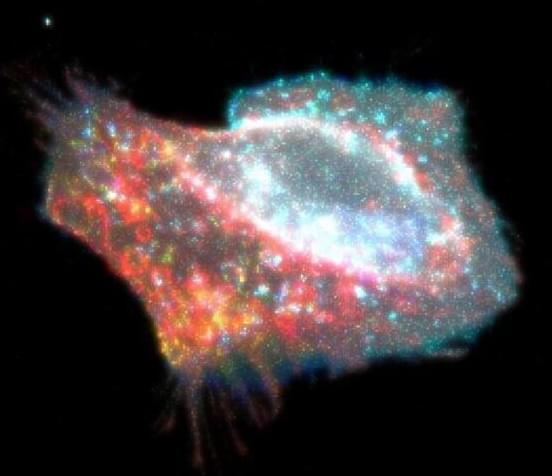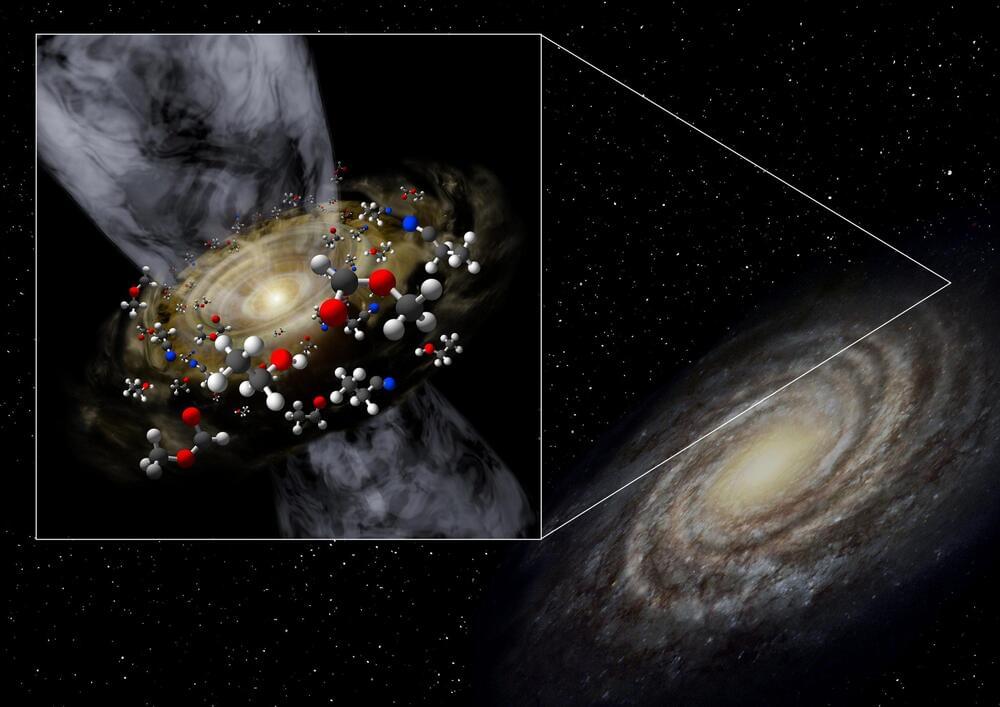Jan 11, 2022
Scientists uncover new information about cellular death process, previously thought to be irreversible
Posted by Nicholi Avery in categories: biotech/medical, chemistry, engineering, genetics
A study published by researchers at the University of Illinois Chicago describes a new method for analyzing pyroptosis–the process of cell death that is usually caused by infections and results in excess inflammation in the body–and shows that process, long thought to be irreversible once initiated, can in fact be halted and controlled.
The discovery, which is reported in Nature Communications, means that scientists have a new way to study diseases that are related to malfunctioning cell death processes, like some cancers, and infections that can be complicated by out-of-control inflammation caused by the process. These infections include sepsis, for example, and acute respiratory distress syndrome, which is among the major complications of COVID-19 illness.
Pyroptosis is a series of biochemical reactions that uses gasdermin, a protein, to open large pores in the cell membrane and destabilize the cell. To understand more about this process, the UIC researchers designed an “optogenetic” gasdermin by genetically engineering the protein to respond to light.


















